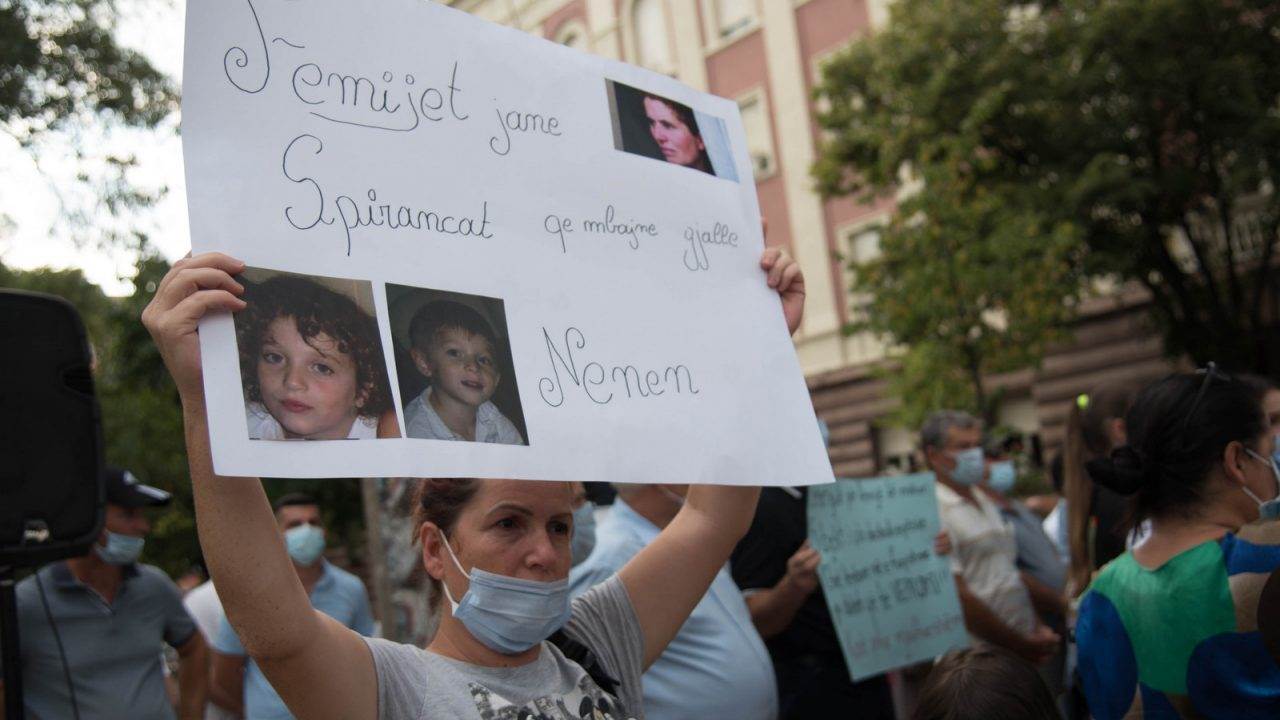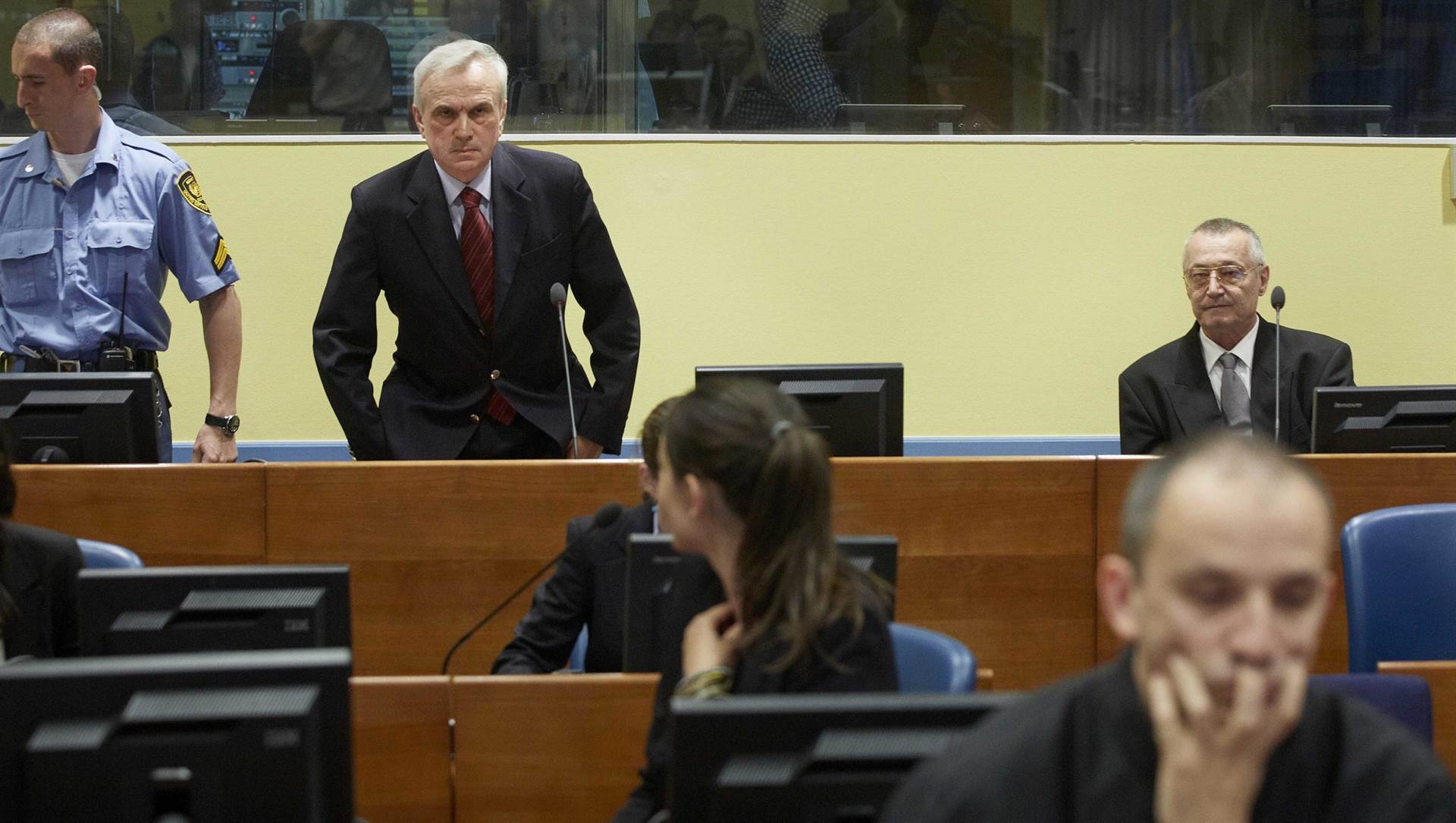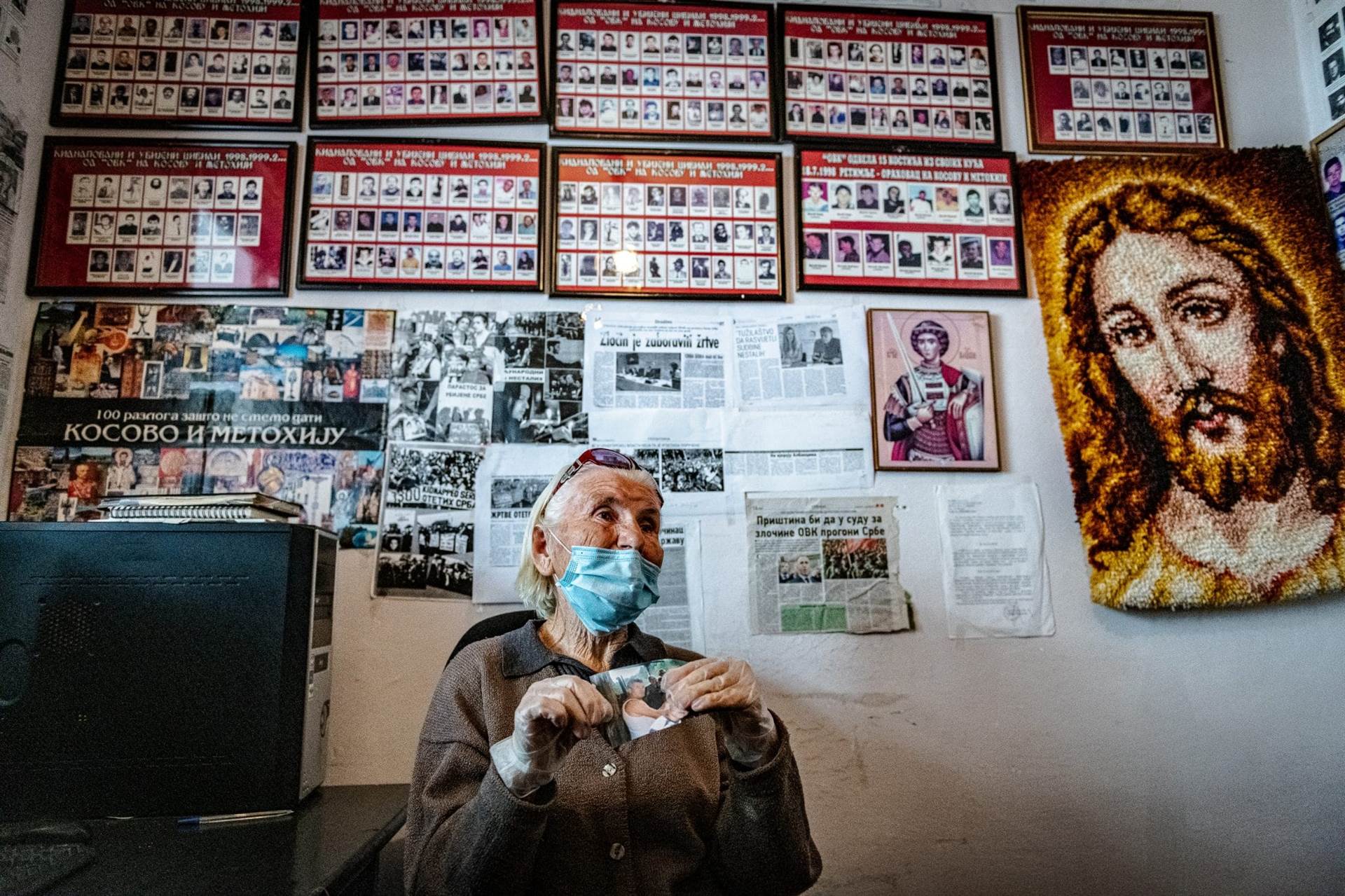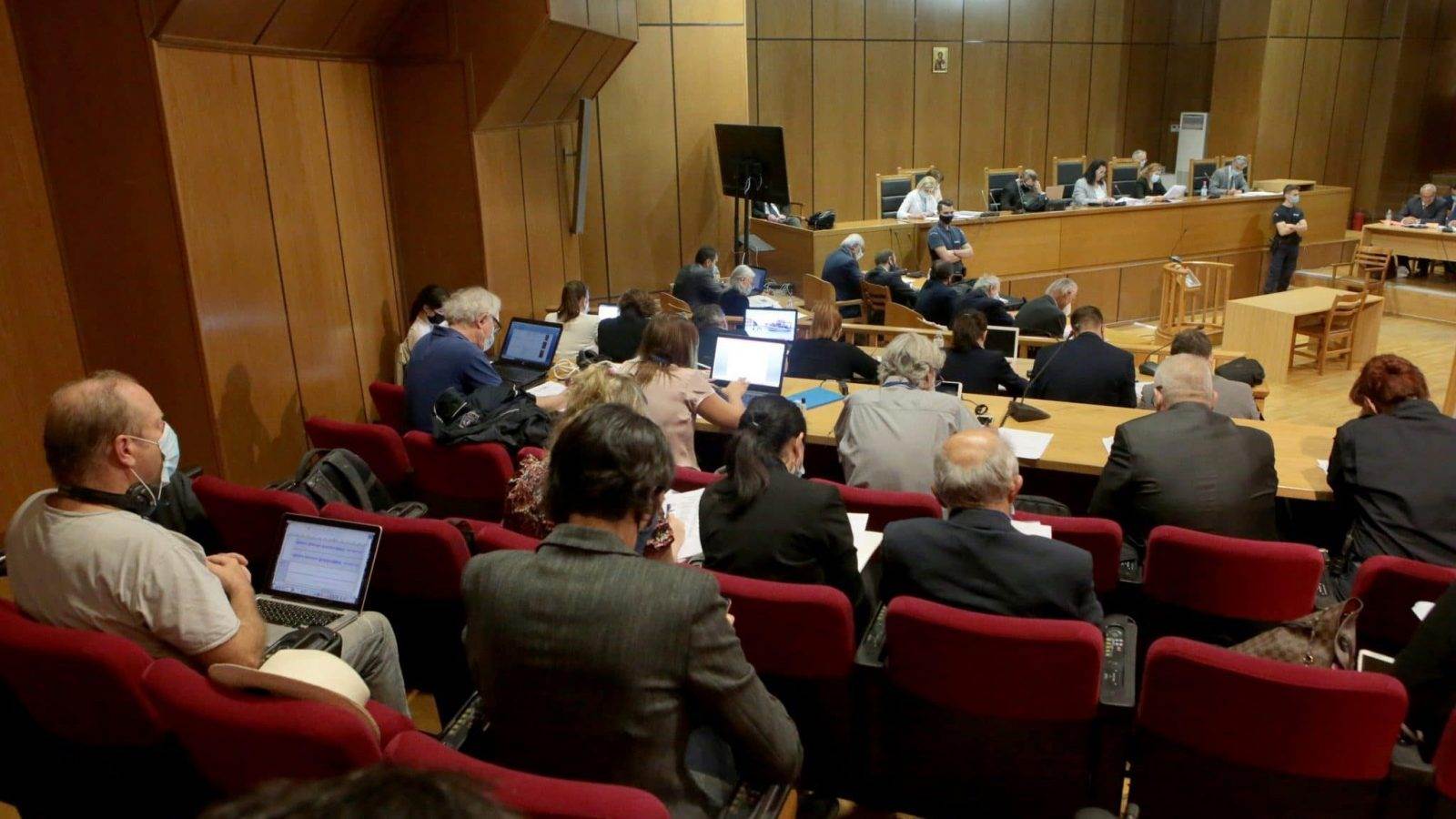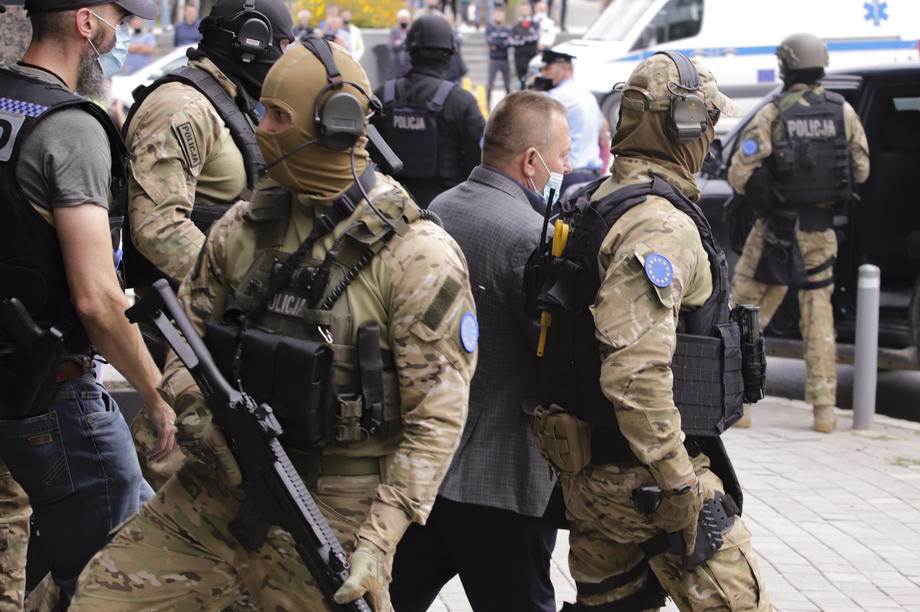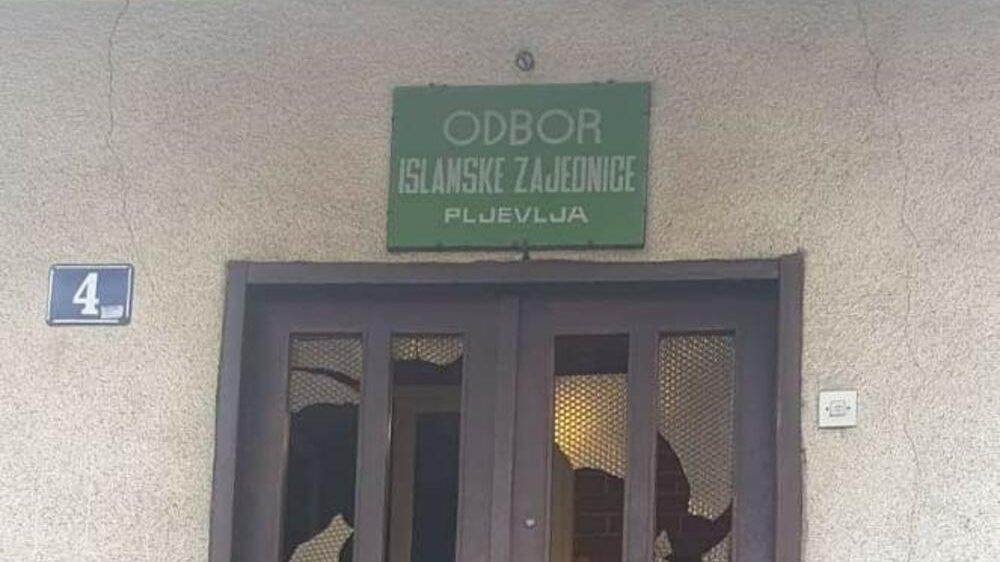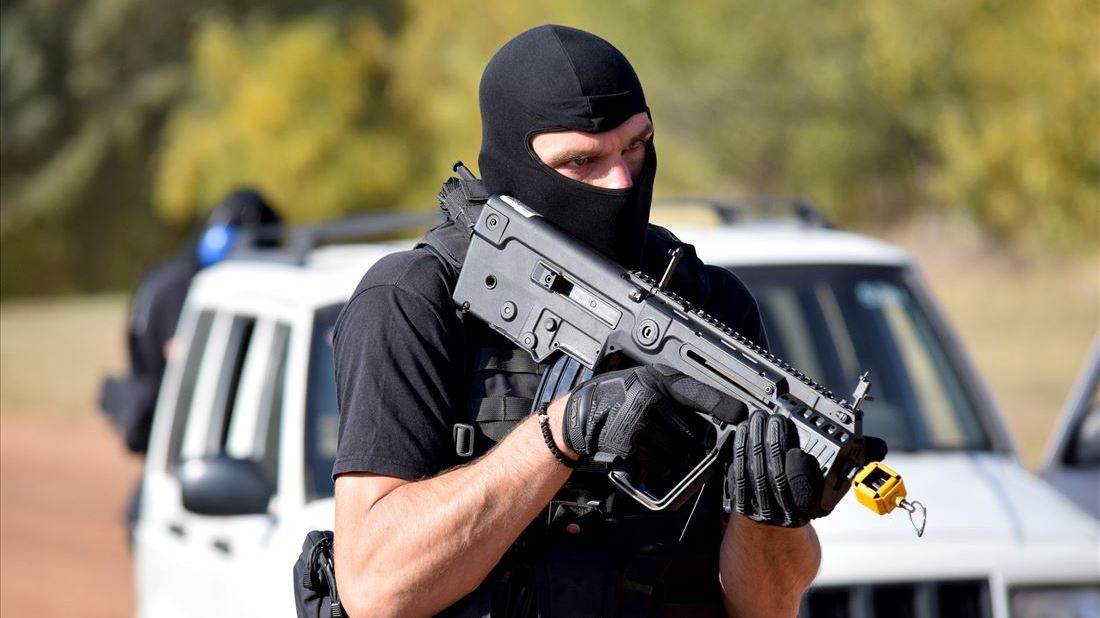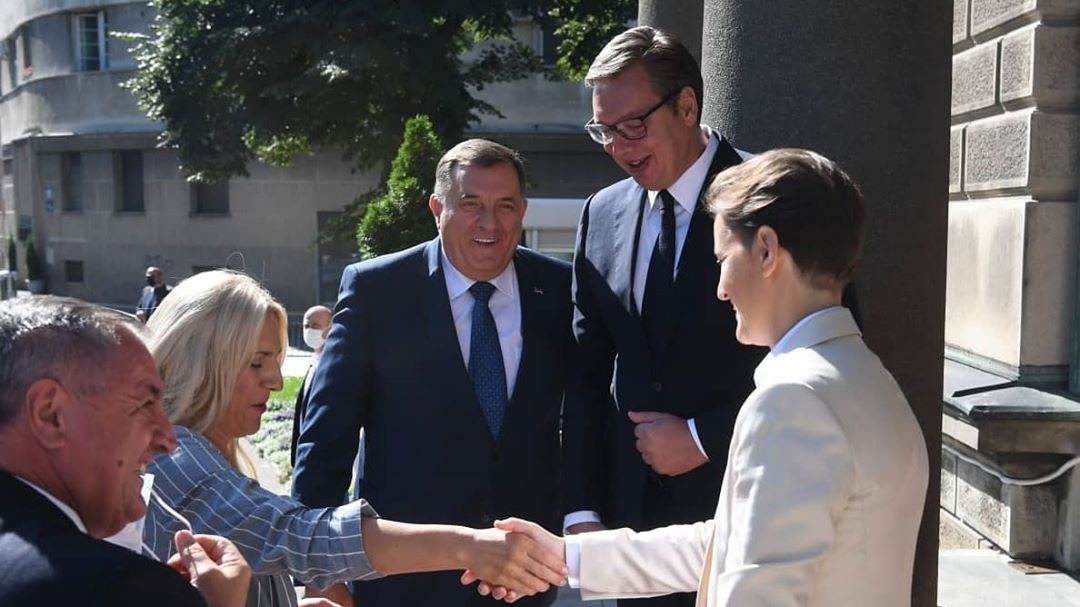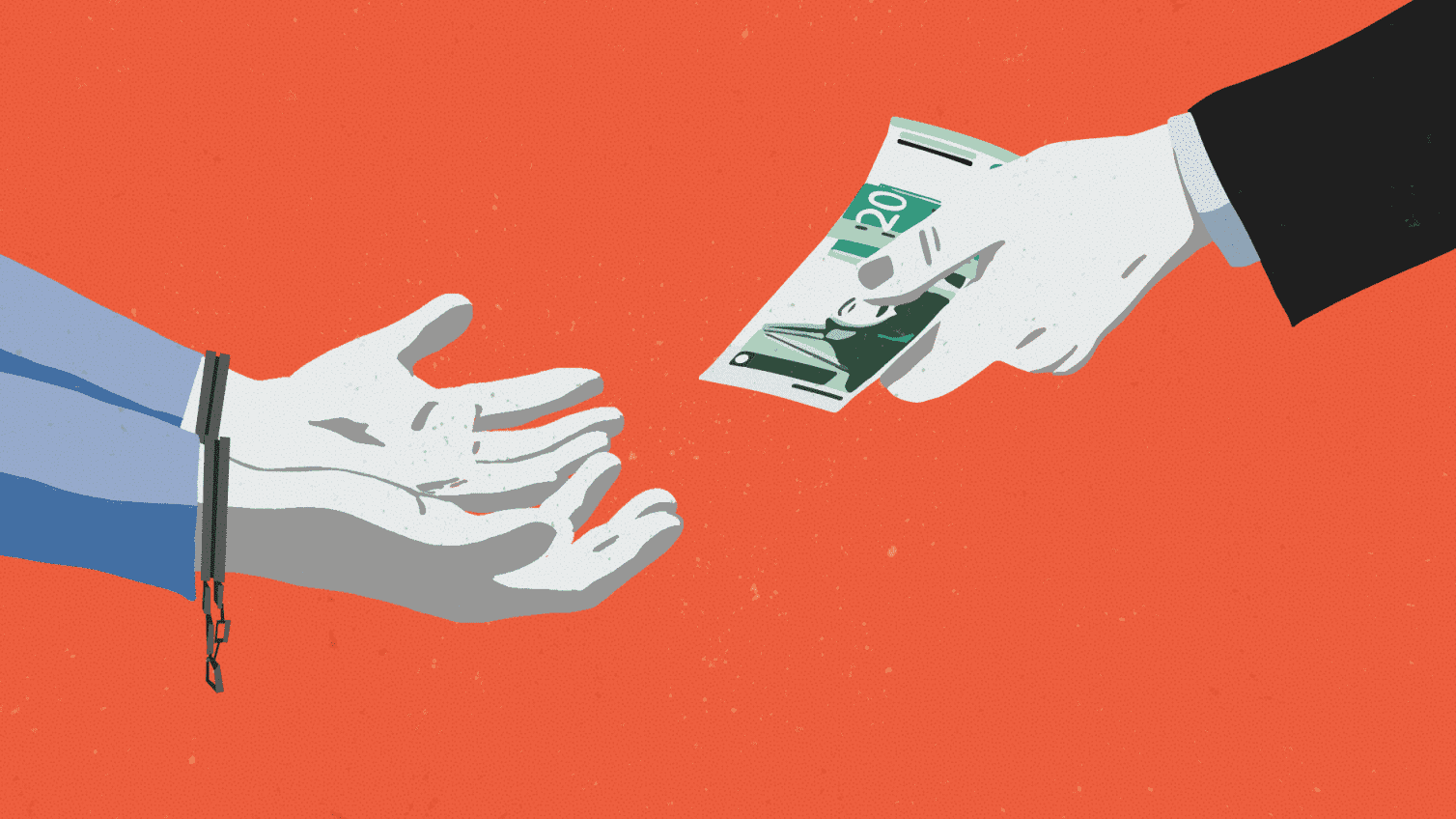Albanian Prime Minister Edi Rama said that secret negotiations have secured the return from Syria of several of the children of Islamic State fighters from Albania after years spent in...
As the retrial of two top wartime officials of Serbia’s State Security Service enters its final phase, the verdict could establish the facts of Belgrade’s much-denied direct involvement in the...
Over 50 Montenegrins who disappeared in the wars in the former Yugoslavia are still listed as missing - and experts say the authorities must improve cooperation with the country’s neighbours...
A number of leaders of the now proscribed Golden Dawn party have received long jail terms at the end of a trial that has lasted five years.
Albanci koji su pristali da svedoče u slučajevima protiv bivših pripadnika Oslobodilačke vojske Kosova (OVK) strahuju da bi zbog curenja dokumenata iz Specijalnog suda njihov identitet mogao biti otkriven.
To many who trace their roots to socialist Yugoslavia, ‘Yugo-nostalgia’ isn’t just about how they or their families once lived, but about the life they want to live now.
They are Muslims like the majority of Kosovo Albanians, and speak a similar language to Serbs, but Kosovo’s minority Bosniaks have encountered discrimination, violence and poverty as they endeavoured to...
Facebook has disabled a network of several accounts supposedly based in Romania operated by people with links to the Russian government – accusing them of violating its policy on foreign...
Attackers broke the windows of an Islamic community building in the town of Pljevlja, while Montenegrin Bosniaks complained of being targeted in the wake of elections won by opposition blocs...
North Macedonian arrested three alleged Islamic State sympathisers and returnees from Middle East conflict zones, and seized a cache of explosives and weapons that they are suspected of having planned...
President Aleksandar Vucic said that Serbia and Bosnia’s Serb-dominated Republika Srpska will build a memorial complex together to honour the victims of the World War II Jasenovac concentration camp in...
A road company in Serbia owned by Austrian Strabag hired 28 inmates in 2016 for less than a euro per hour, BIRN can reveal.

